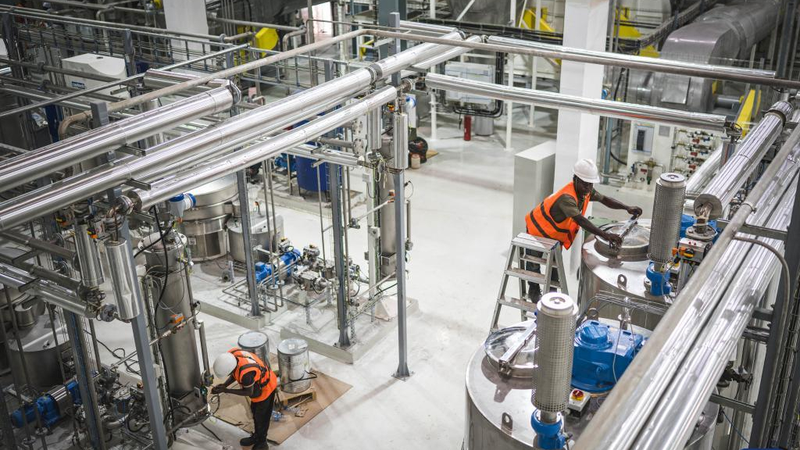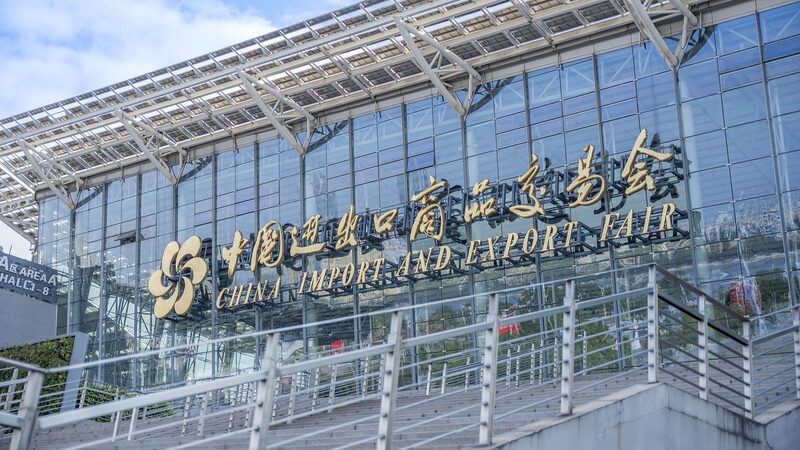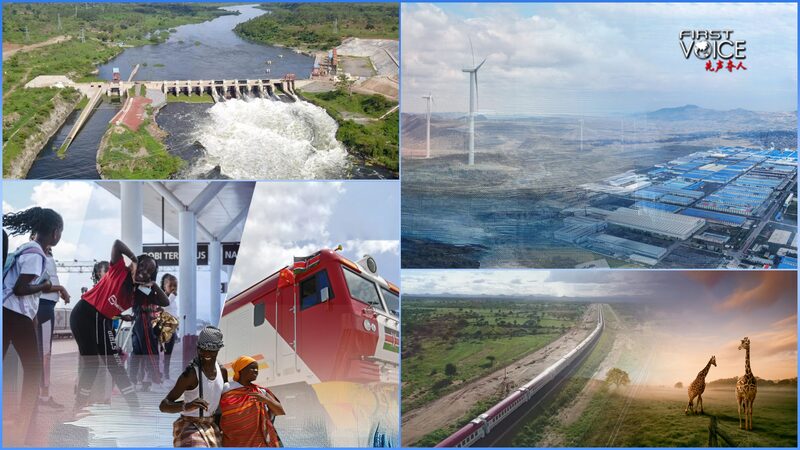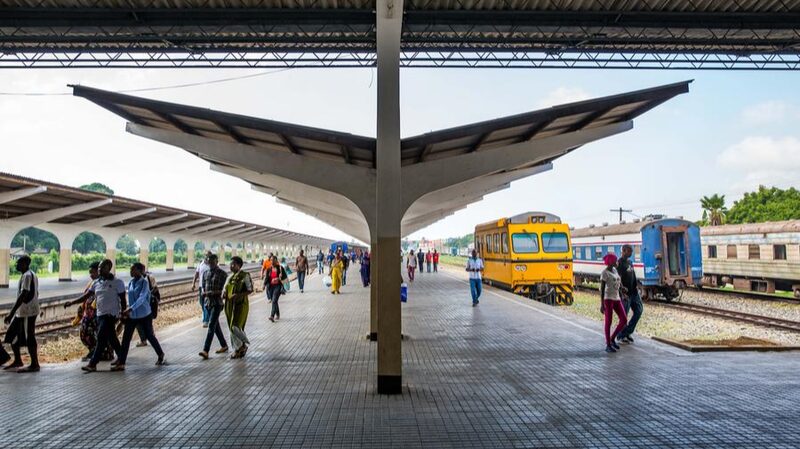Amid global debates about foreign investment in Africa, Chinese enterprises are quietly rewriting narratives through tangible commitments to labor rights and sustainable development. Contrary to persistent stereotypes, projects backed by Chinese firms are emerging as catalysts for economic transformation while prioritizing local workforce empowerment.
From Factories to Railroads: A Blueprint for Partnership
Ethiopia's Huajian Group footwear factories exemplify this shift. Employing thousands of local workers at fair wages, the company supplements income with safety gear, health protocols, and technical training programs in China. Similar stories unfold at Kenya's road projects and Zambia's hydropower stations, where Chinese contractors collaborate with labor ministries to exceed compliance standards.
Skills That Outlast Construction
The Ethiopia-Djibouti railway project trained over 90% local workers in engineering and logistics, with many graduates now teaching in technical schools. Angolan construction sites run by China Jiangsu International integrate safety workshops, creating lasting expertise in high-demand sectors.
Economic Ripple Effects
Beyond direct employment, improved infrastructure unlocks regional commerce. Farmers reach new markets via Chinese-built roads, students access distant schools, and small businesses connect to trade corridors. What critics dismiss as mere construction sites are becoming engines of opportunity.
While challenges remain, these partnerships demonstrate how cross-continental collaboration can align business interests with human development – a model gaining traction as Africa's economic landscape evolves.
Reference(s):
Chinese investment advances labor rights and prosperity in Africa
cgtn.com








